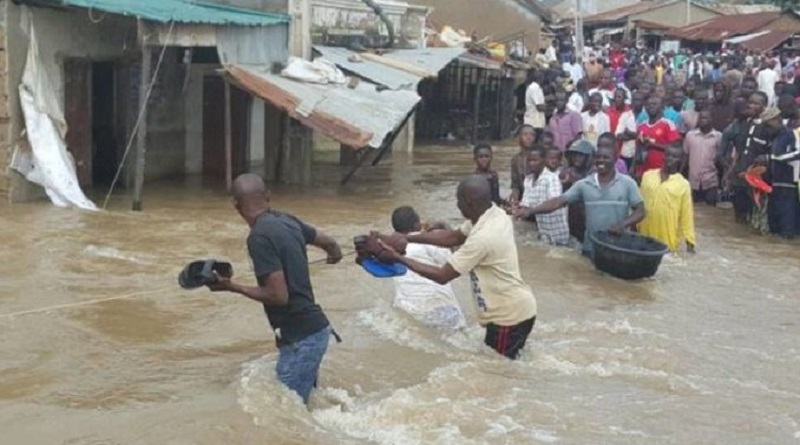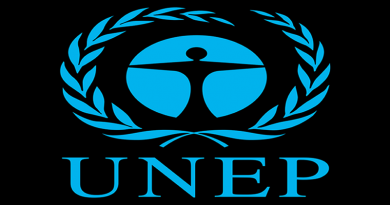NEMA seeks adoption of disaster risk financing mechanism to support early recovery, business continuity
The National Emergency Management Agency (NEMA) has advocated the adoption of disaster risk financing mechanisms to support early recovery and ensure business continuity in the aftermath of socio-economic disruptions caused by disasters in Nigeria.
The Director General of NEMA, Mrs Zubaida Umar, made this known on Thursday 10 April 2025 in Abuja during a workshop on disaster risk financing, organized in collaboration with African Reinsurance Corporation (Africa Re). Represented by the Director of Disaster Risk Reduction, Mr Idris Mohammed, the Director General NEMA emphasized that the increasing frequency and intensity of disasters in Nigeria demand urgent action to minimize their economic and humanitarian impacts.
She highlighted that disasters have forced federal, state, and local governments to commit significant resources to emergency relief and recovery efforts. She cited the 2024 rainy season as an example, during which floods affected 217 local government areas across 34 states, displacing over 740,000 people, injuring 2,854, and claiming 321 lives.
“The situation has become more complex with the ongoing insurgency, banditry, and communal conflicts,” she said, stressing the need to shift from reactive spending to proactive risk financing that ensures resources are available when disasters strike.
Risk financing, according to her, not only reduces governments’ financial exposure but also aligns with the Nigeria National Disaster Recovery Plan (NDRP) and Priority 4 of the Sendai Framework for Disaster Risk Reduction (2015–2030), which focuses on disaster preparedness and recovery.
Also speaking at the event, Olusegun Omosehin, Commissioner for Insurance and CEO of the National Insurance Commission (NAICOM), noted that while natural disasters cannot be prevented, their impact can be significantly reduced through preparation. He described insurance as a powerful tool for mitigating risks and maintaining socio-economic stability during crises.
“Disaster management is not just about response,” Omosehin said. “It’s about mitigation, preparedness, and recovery.” He affirmed NAICOM’s support for developing a national catastrophic risk strategy, contingency plans, and mechanisms to transfer disaster risks to the insurance sector, both locally and internationally.
In his remarks, Mr Ken Aghoghovbia, Deputy Managing Director/COO of Africa Re, emphasized the role of public-private partnerships in crafting a sustainable disaster risk financing strategy. He underlined the need for innovation, collaboration, and timely access to financial and technical resources to manage disasters effectively




